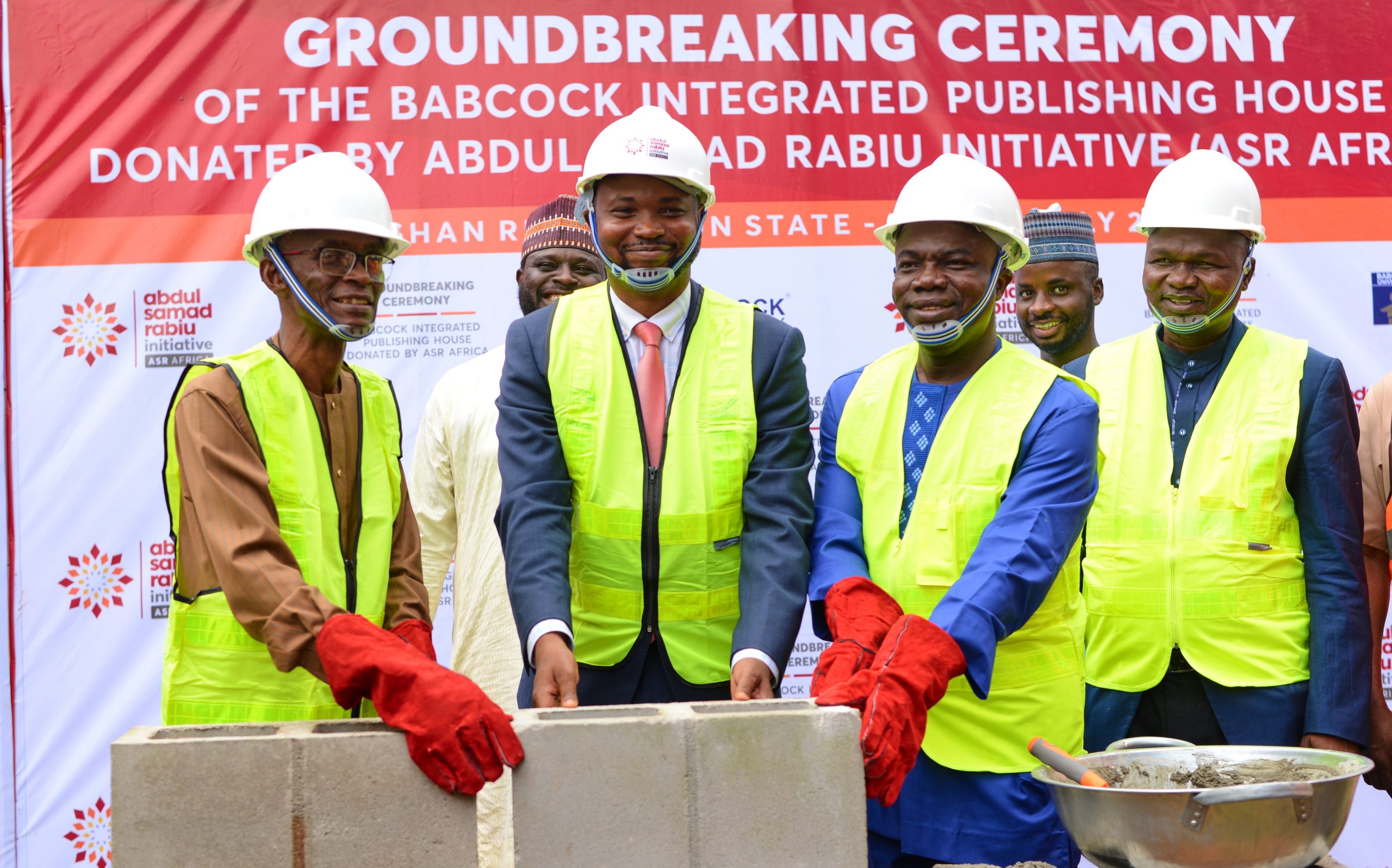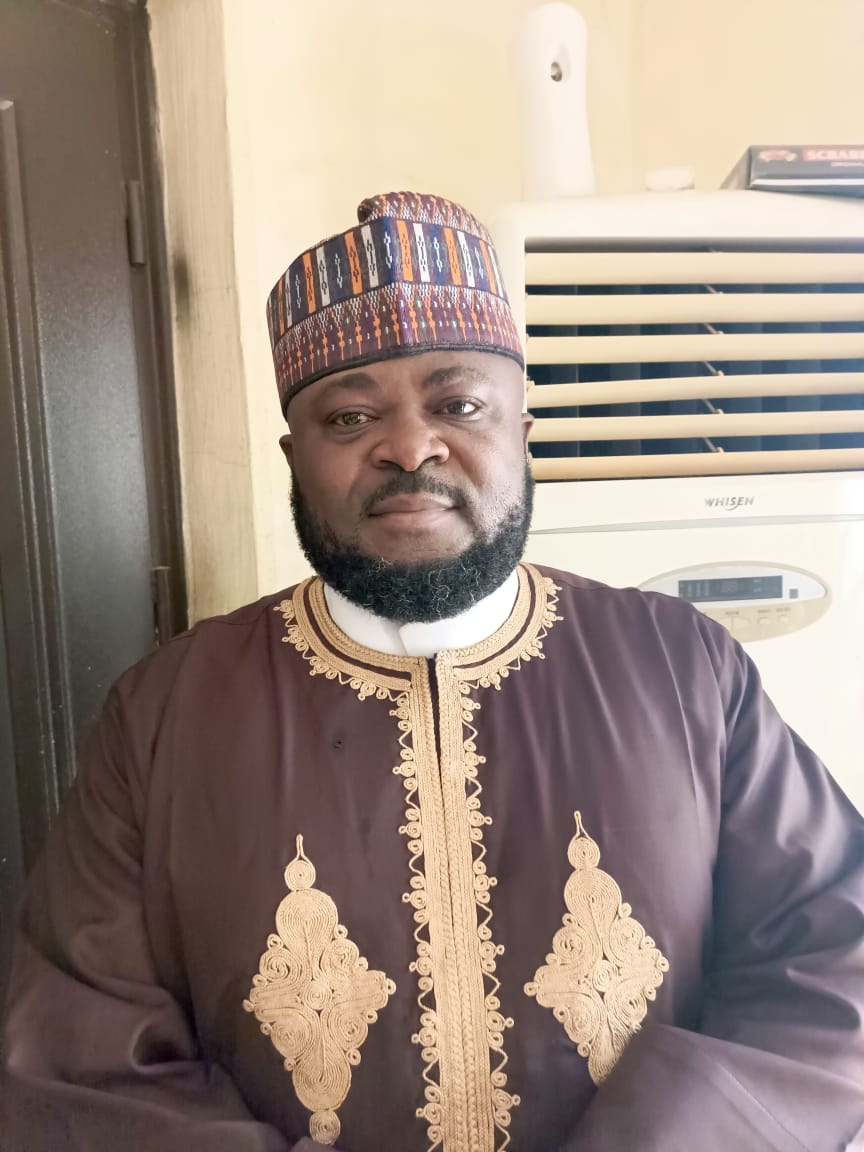*Appraising Bago’s Template On Agriculture*
By Kabir Ahmed Panti
When you hear people call him “Farmer Governor”, you would be tempted to assume that someone with a heavy Hausa accent is struggling to pronounce “former governor”; but no, His Excellency, Mohammed Umaru Bago, the executive governor of Niger State is known and called the “Farmer Governor”.
The name did not emerge from a career in farming. Bago was a successful banker who worked with several banks in Nigeria and even rose to a managerial position at First City Monument Bank before venturing into politics. He’s also not the son of a farmer. His father, Alhaji Mohammed Mustapha (Baraden Nupe), a Prince from the Bida Royal Family was a successful businessman. His mother, Late Hajia Hadijat Mohammed is of the Lapai Royal Family, so blue blood of royalty runs through his veins and he was at no point a commercial or subsistence farmer.
Governor Bago got the name from his commitment to agriculture as a tool for eradicating poverty after he took over the mantle of leadership as the number one citizen of the State. He did not drop his elitism. He’s only uplifting farming to an elitist status and giving those in the business a great sense of belonging and job satisfaction.
On assumption of office as the governor of Niger State on May 29, 2023, Governor Bago identified agriculture as the comparative advantage that can give Niger State an edge over other states. Niger boasts of about 10% of the nation’s arable land mass – the largest by any single State in the country. The governor believed commercial farming is the special purpose vehicle that will transform the economic outlook of Niger, create employment opportunities, rake in internally generated revenue, move its people out of poverty and put an end to food insecurity in the State.
With such fertile land in large quantities for crop cultivation and bodies of water for both pastoral and aquaculture, the Farmer Governor set out to maximise the opportunities inherent in these God’s gifts to the State. For someone who spent 12 uninterrupted years in the hallowed chamber of the National Assembly representing his people between 2011 and 2023 before he emerged as governor, Dr Bago was neither a stranger to the politics of Niger State nor the challenges and opportunities in the State that host the popular River Niger where the nation Nigeria derived her name.
The Bago revolution in Niger is beyond agriculture though. Education, healthcare, road infrastructure and many other sectors are getting the needed attention to complement the strides in the agricultural sector after several years of neglect and stagnation.
In less than one year in office, Governor Bago has created an identity for himself beyond sloganeering. His focus and determination to make a difference is contagious. After just six months, Governor Bago brought the President and Commander In Chief, His Excellency, President Bola Ahmed to his State to commission some of the signature projects executed by him within a very short time. Projects that have a direct bearing not just on the lives of the people of his State but that of other Nigerians in different parts of the country who frequent Niger for their staple food supplies.
At the Leadership Newspaper Annual Award Dinner where Governor Bago was on the stage as a recipient of the “Best Governor of the Year Award” the Farmer Governor touched the nerves of the political class when he said he wondered why a nation like Nigeria with rich and fertile land for farming is celebrating the donation of grains to her by a war-torn country like Ukraine. He challenged the federal government who at the time, was gloating over their plan to distribute 42,000 metric tons of grain from the Strategic Grains Reserve by promising to deliver at least 100,000 metric tons of grain by June 2025.
Talk is cheap and many would not take the pronouncement of an average Nigerian politician for a pinch of salt but Governor Bago is a different breed. He has a well-mapped-out strategy to achieve his goals and the foundation is the plan to cultivate about one million hectares of land. This will include a hundred thousand hectares with full irrigation facilities ready for all-season farming as he intends to outsmart nature during the dry season and keep his people busy all year long.
Already, about 500 industrial tractors, 2000 power tillers for small-scale farmers, 2000 petrol-powered water pumping machines, 3000 solar pumps and over 5000 tube wells have been purchased by the State government to encourage dry season farming. Fertilisers, herbicides and pesticides have also been acquired in large quantities and distributed to the people to improve yield and productivity alongside Rice Millers, Threshers, Hammer Mills, power Tillers and other harvesting implements.
Governor Bago continued to reach out to investors in the agricultural sector both within and outside the country most especially in the area of innovation and technology as he believes the future of agriculture in the State will depend largely on mechanisation. Today, there’s an agreement with John Deere, an American Tractor manufacturing company to supply the State with 1000 tractors in the first instance. 300 of those tractors have been delivered to the State. It is the largest consignment of tractors ever received by any State, the federal government or the private sector in the history of Nigeria and more are on the way.
A State-owned private company has been established to manage these tractors, make them available to farmers at affordable rates and eliminate the bureaucratic bottlenecks that could discourage potential farmers. Bago’s government has deployed over 100 bulldozers to the bush to clear the fields. The government is doing that free of charge as a start-off cost waiver for farmers in the State. Apart from the agricultural benefits of this particular bush-clearing exercise, the security implications are enormous as Governor Bago believes that if there are no bushes, there will be nowhere for bandits to hide before coming out to the towns to carry out their heinous crimes against humanity at will.
In Governor Bago’s first month in office, he launched the “Green Economy Initiative”. Today, he has established an agency in charge of the green economy and they are planting trees on every fallow land. Nurseries have been established in 25 different Local Government Areas to nurse trees for transplanting.
The Bola Ahmed Tinubu International Airport Minna is an airport with cargo bias, dedicated to exporting fresh fruits, food and meat out of Niger to the outside world. The long-abandoned and dilapidated Shiroro Hotel is currently undergoing a turnaround of fortunes but it’s not going to come out as a hotel anymore. It will now serve as the College of Medicine and Teaching Hospital for the Ibrahim Badamasi Babangida University, the State-owned University. That’s how pragmatic Governor Bago has been.
He is investing in tertiary healthcare services for the overall health and well-being of the State. General Hospitals and Primary Healthcare Centres are undergoing facelifts and drugs and equipments and being supplied to make the live up to their expectations.
Driving into Minna the State Capital, you’re greeted by a refurbished and new-looking City Gate. The rehabilitation and expansion of the Chanchaga Road into multiple lanes is a beauty to behold. From all indications, Governor Bago is ready to sustain the momentum and the people of Niger State are in for the best time of their lives.
Panti wrote this piece from FUT Minna, Bosso Niger State.

 Business6 months ago
Business6 months ago
 Business6 months ago
Business6 months ago
 celebrity radar - gossips6 months ago
celebrity radar - gossips6 months ago
 celebrity radar - gossips6 months ago
celebrity radar - gossips6 months ago

















